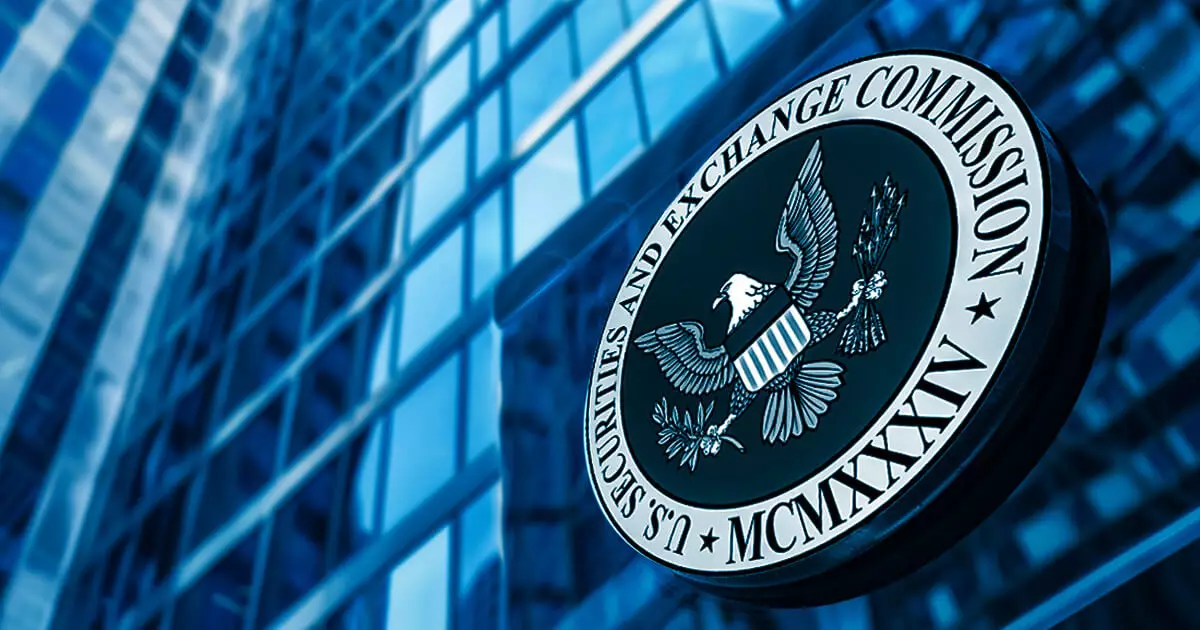Congressman Wiley Nickel has recently criticized the US Securities and Exchange Commission (SEC) for its “regulation by enforcement” approach. He believes that this method undermines trust in the regulatory system and risks stifling digital innovation across the US. Nickel has been a strong advocate for regulatory frameworks in the crypto industry to ensure customer protection.
The SEC’s recent actions, such as issuing a Wells Notice to OpenSea over alleged securities violations, have raised concerns in the crypto industry. Many worry that the watchdog’s aggressive enforcement strategy could create uncertainty and impede progress in emerging technologies, particularly in the Web3 and digital asset sectors.
Nickel emphasizes the need for the SEC to work with Congress to craft clear and fair regulations through a collaborative and transparent process that includes public input. He believes that only through cooperation can a balanced regulatory framework be developed that protects consumers and supports innovation in digital technologies.
The Congressman’s statements have resonated with others in the crypto community who have criticized the SEC’s enforcement-first approach. Many believe that a more collaborative regulatory process is essential to effectively regulate the rapidly evolving digital asset space without hindering innovation.
Criticism of SEC’s Enforcement Actions
Critics argue that the SEC is overstepping its statutory authority by treating digital assets like cryptocurrencies and NFTs as securities without clear legislative backing. They believe that the agency is expanding its jurisdiction beyond what was originally intended by existing securities laws. Some further argue that the SEC’s focus on enforcement rather than collaboration is counterproductive and undermines its goal of consumer protection.
The debate over the SEC’s approach to digital asset regulation highlights the need for a more collaborative and transparent regulatory process. Finding a balance between consumer protection and innovation is crucial for the continued growth of the crypto industry. Only through open dialogue and cooperation between regulators, lawmakers, and industry stakeholders can effective regulations be created that support both consumer interests and technological advancements.















Leave a Reply